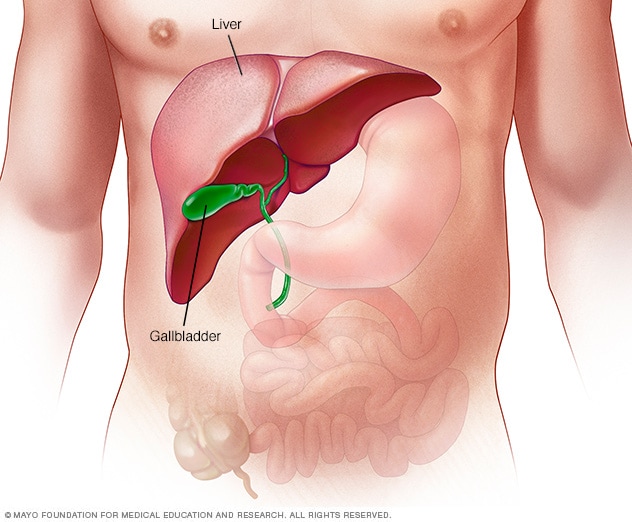Hunting Down and Curing Hepatitis C
| The Liver |
"Hepatitis C is a viral infection that causes liver inflammation sometimes leading to serious liver damage. the hepatitis C virus [HCV] spreads through contaminated blood."
"Until recently hepatitis C treatment required weekly injections and oral medications that many hepatitis C -infected people couldn't take because of other health problems of unacceptable side effects."
"That's changing. Today, chronic HCV is usually curable with oral medications taken every day for two to six months."
Mayo Clinic
"It is fantastic to think of all the future misery that has been diminished and eliminated because of these efforts [new treatments for hepatitis C].""One of the key challenges we face is having accurate numbers about how many people are getting sick, getting diagnosed and starting on treatment. We need a better structure in place to provide those numbers and to know how we are doing as far as our elimination goals.""This treatment is saving lives and preventing them from needing liver transplants."Dr.Curtis Cooper, director, The Ottawa Hospital/regional hepatitis program
Targets have been set by various countries in collaboration with the World Health Organization to decrease new infections of hepatitis C by 80 percent, to diagnose 90 percent of new cases and to treat 80 percent of people living with hepatitis C within a ten-year span. It can be done and medical science has shown the way. A program to do all of the above and remove a morbid threat to health within society is well underway. But like all medical procedures that have hit a bump in their methods, purpose and attention to the public's needs, the entry of the global pandemic has complicated their plans.
A Canadian network of experts in the field of hepatitis C has a blueprint jointly developed to achieve elimination of the infection in the country. Policy recommendations include tracking progress and moving toward elimination of hepatitis C, despite the barriers to achieving the goal. Today, July 28, is in fact, World Hepatitis Day. A critical issue is that an estimated 40 percent of Canadians have the disease but are unaware that they are in fact infected with it.
While a large percentage of infections are unidentified, the pandemic slowed or apprehended referrals in the protocol of identifying cases which has resulted in fewer cases being identified and consequently treated. Virtual visits -- telemedicine -- has stepped in to fill the breach. The Ottawa hepatitis clinic which Dr.Cooper oversees is starting patients on therapy through telemedicine; nurses and social workers representing the clinic, are seeing greater numbers of people in the community.
 |
This is, after all, a disease traditionally feared as a death sentence waiting to happen, in view of the fact that symptoms don't appear until the disease begins its mission of destroying the liver. The good news now is that treatments that take between eight and 12 weeks work for almost everyone. In the 2-1/2 years just passed, the Ottawa and regional clinic has cured over one thousand people.
As a result of this program's success to date, a steep decline in the frequency of liver cancers has been recognized as a fallout of hepatitis C treatment, even while hepatitis C itself no longer represents the major reason in Canada for liver transplants. Validation of the success of the new treatments.
High-risk groups are identified as injection drug users, and infections are continuing to expand within that group.
Long-term infection with the hepatitis C virus is known as chronic hepatitis C. Chronic hepatitis C is usually a "silent" infection for many years, until the virus damages the liver enough to cause the signs and symptoms of liver disease.
Signs and symptoms include:
- Bleeding easily
- Bruising easily
- Fatigue
- Poor appetite
- Yellow discoloration of the skin and eyes (jaundice)
- Dark-colored urine
- Itchy skin
- Fluid buildup in your abdomen (ascites)
- Swelling in your legs
- Weight loss
- Confusion, drowsiness and slurred speech (hepatic encephalopathy)
- Spiderlike blood vessels on your skin (spider angiomas)
Mayo Clinic
Labels: Health Care, Infection, Medicine Health


0 Comments:
Post a Comment
<< Home